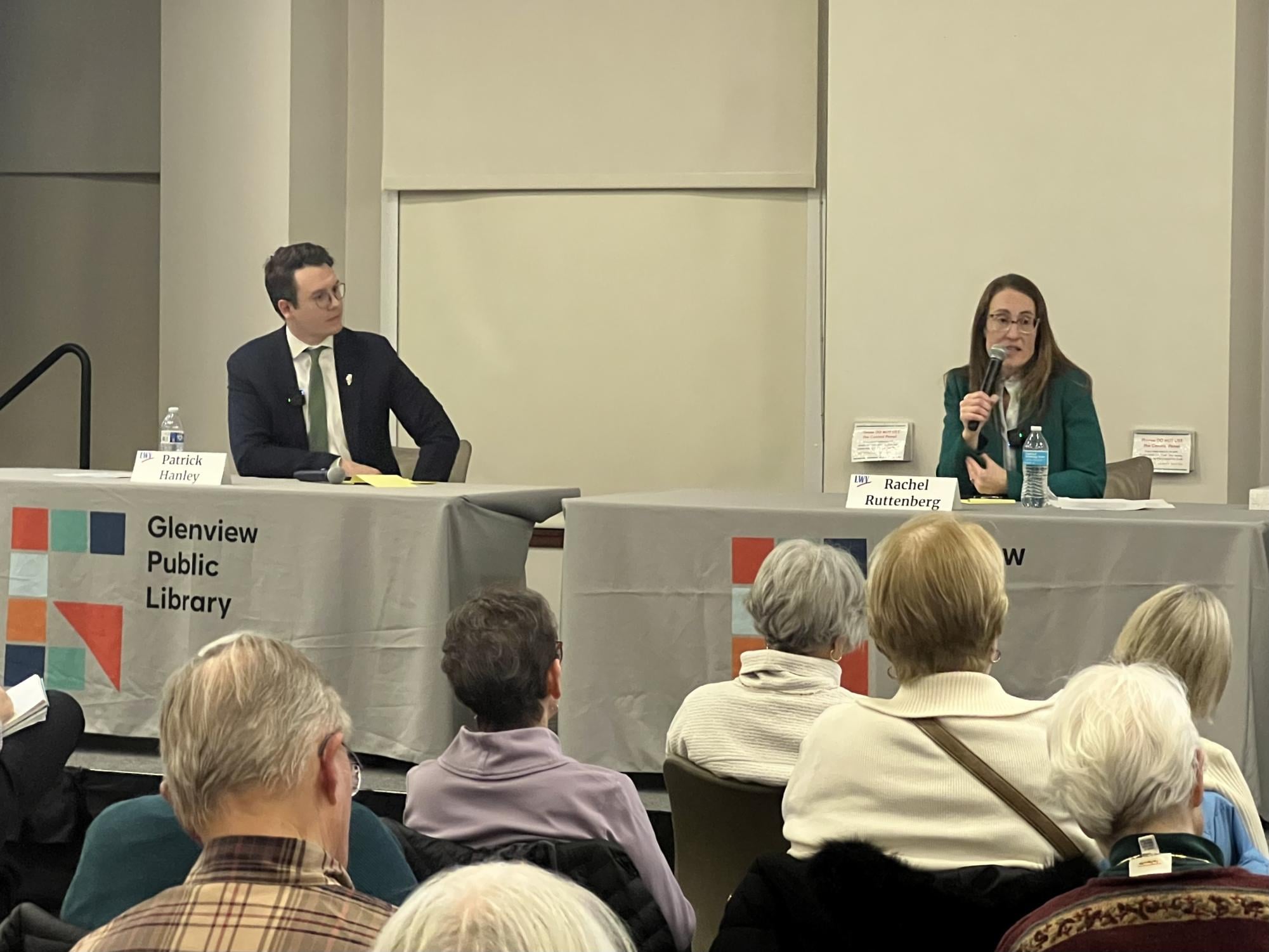BREAKING: The World Health Organization (WHO) has officially classified “old age” as a diagnostic category, igniting widespread debate about the implications of this decision. This significant move occurred in 2018 with the release of the 11th edition of the International Classification of Diseases, a crucial framework for health information globally.
This new classification raises urgent questions about how society views aging. By categorizing “old age” as a disease, WHO suggests that the symptoms associated with aging should be treated as health conditions. This could reshape how healthcare systems approach elder care and potentially influence insurance policies and medical research funding.
The implications of this classification are profound. Experts warn that labeling aging as a disease could lead to ageism in healthcare, where older individuals may face bias in treatment options. Advocates for elderly rights argue that this perspective may contribute to the stigmatization of aging, impacting the mental health and overall well-being of senior citizens.
Why This Matters NOW: As global populations age, understanding how aging is categorized and treated within health systems is more crucial than ever. It is essential to consider whether this classification will improve care for older adults or further marginalize them in healthcare settings. The debate is heating up as stakeholders from various sectors — including healthcare professionals, policymakers, and aging advocates — engage in discussions about the best path forward.
Officials and health experts are calling for a nuanced understanding of aging that recognizes it as a natural life stage rather than a disease. The conversation around this classification is expected to gain momentum as more voices join the discussion, including those from the aging community who are directly impacted.
As the world continues to grapple with the implications of this classification, observers are urged to stay tuned for further developments. This decision by the WHO is sure to have lasting effects on healthcare practices and the lives of millions of older adults worldwide.
Stay informed as this story unfolds, and consider how these changes might affect your community and family. Share your thoughts and engage in the conversation about the future of aging and health.







